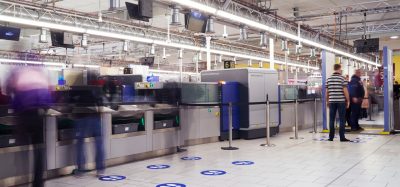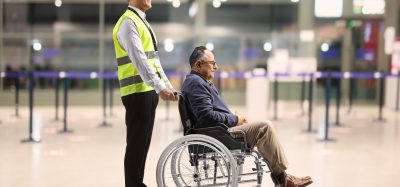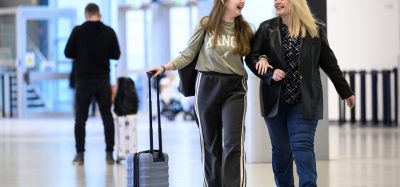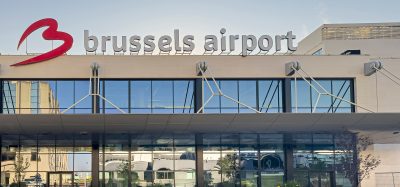The shifting skillset of the post-pandemic airport workforce
- Like
- Digg
- Del
- Tumblr
- VKontakte
- Buffer
- Love This
- Odnoklassniki
- Meneame
- Blogger
- Amazon
- Yahoo Mail
- Gmail
- AOL
- Newsvine
- HackerNews
- Evernote
- MySpace
- Mail.ru
- Viadeo
- Line
- Comments
- Yummly
- SMS
- Viber
- Telegram
- Subscribe
- Skype
- Facebook Messenger
- Kakao
- LiveJournal
- Yammer
- Edgar
- Fintel
- Mix
- Instapaper
- Copy Link
Posted: 8 March 2023 | | No comments yet
Dillon Failoni, a Postgraduate at Cranfield University’s Centre for Air Transport Management, researched the impact of COVID-19 on aviation workforce skills. He reveals all to International Airport Review in this article below, which is the culmination of his findings after talking to senior industry leaders in talent planning and recruitment.
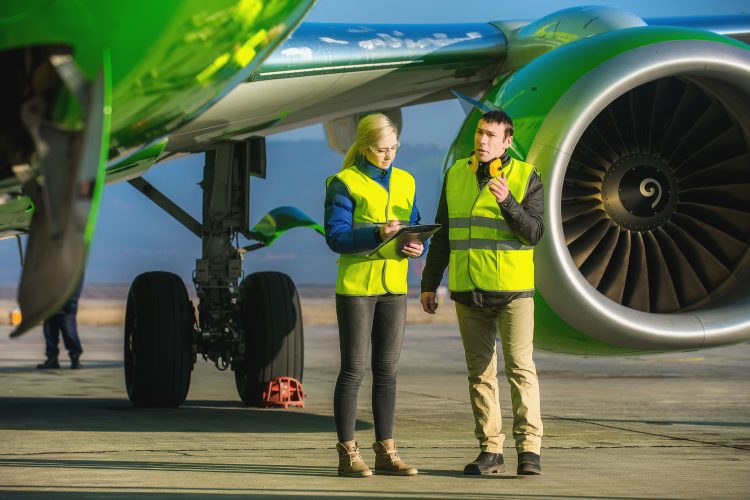

Airports remain fundamentally driven by people and the skills, experience and knowledge that they hold. After interviewing industry leaders in talent planning across a range of organisations, it is clear that the industry needs to strategically redefine its recruitment priorities to follow the transformed post-pandemic working environment.
We’re entering an era dominated by soft skills
Traditionally, the aviation industry has been backed by strong technical skills and expertise; however, our research exposed a shift in recruitment practices, suggesting recruitment is increasingly being formed around a common set of soft skills and competencies. The COVID-19 pandemic has, in many aspects, amplified this shift and amplified the importance of situational awareness and emotional intelligence in a safety-critical operational environment – ultimately leading the industry towards a soft-skill dominant era.
The initial questioning stages of our interviews with senior leaders in recruitment, talent planning and consulting, uncovered an interesting workforce skill base arising. Discovering a dominance of soft skills in an increasingly technical industry. Resilience was, and remains, the pillar of the post-pandemic recovery globally (see figure 1).
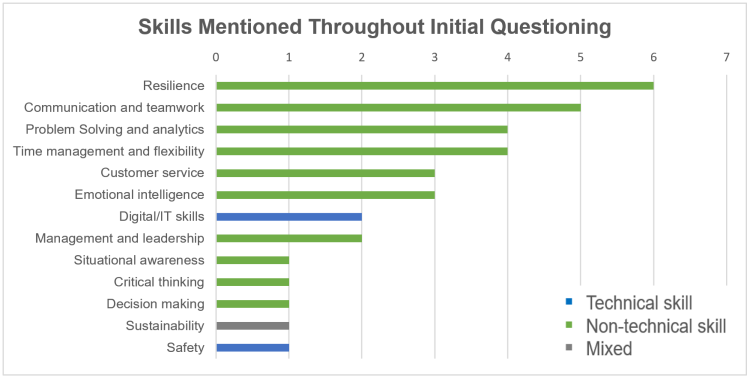

Figure 1 – The skills and competencies our seven participants deemed vital to the post-pandemic industry
This was followed by a study in which we presented the research participants with a set of conventional industry-desired skills, in a randomised order. We asked them to rank the skillset in order of importance. The results confirmed that communication and teamworking, problem solving, situational awareness, emotional intelligence and decision-making ability were most paramount in recruitment planning. With that said, it is worth considering that, whilst regulations, safety and security knowledge are important aspects to ensuring safe airport operations, their position in recruitment planning is overshadowed by a new era dominated by soft skills. Companies are starting to see that technical knowledge can be trained, whilst an appropriate approach and aptitude cannot. Our industry requires resilient individuals who can problem-solve, work collaboratively and demonstrate emotional intelligence within the working environment.
Aviation requires an increasingly agile and adaptable workforce
Our interviews took place with several high-profile organisations across airports, airlines, ground handling agents, training organisations and consultants. The most profound findings to emerge from the research suggested that both adaptability and agility are now routine industry-led skill requirements. All organisations studied had significantly adapted their working environment during the COVID-19 pandemic, including remote working, hybrid-working and other flexible arrangements. Several participants had attempted to introduce the concept of video conferencing but had fallen at the last hurdle – COVID-19 was a catalyst for rapid change and modernisation in the ways of working.
It can be said that, in terms of agility and adaptability skills, the pandemic had two key impacts:
- It sped up the change process and forced rapid adaptation
- It magnified and highlighted workforce skill gaps in agility and adaptability.
These skills are now essential within the workforce, as an important acquisition from the pandemic and as weapons in an airport’s armoury against any future crises.
Remote communication and collaboration are here to stay
Our research told us quite rightly that communication was vital before the pandemic and is still just as vital now. Collaborating, working as a team, and effectively communicating is crucial to our industry – it can be said that there is no such thing as an individual in aviation. Whilst communication is indeed still fundamental, COVID-19 has altered the means in which we communicate and the platforms on which we communicate. The introduction of hybrid working has resulted in more frequent digital communications and less frequent social interactions. In some cases, employees are siloed and culturally excluded from an organisation. It is far more difficult to build and preserve employee relationships over an infrequent video call.
Despite this, it could be said that the pandemic and the online working environment has ‘humanised’ us. Prior to the pandemic, we saw our colleagues as nothing other than professionals at work; however, remote working has allowed us to relate to our colleagues more so than before – normalising a professional and personal work life balance. This could be said to have opened an opportunity for valuable intra-team bonding. In the post-pandemic industry, it is key we learn from our new collaborative norms and work on them. Digital communication must be a skill embedded in recruitment plans – we need to monitor our online working process and ensure employees are feeling socially fulfilled and working cohesively and closely as a team.
Skills are important, but aptitude and attitude are paramount
Whilst not deemed skills in themselves, attitude and aptitude are essential traits for future aviation employees and for recruitment plans. As noted, skills can be trained overall, but what cannot be trained is aptitude: a curious and innovative mind, and the right approach to challenging convention. In a transforming industry which requires dramatic change to decarbonise and prepare for the future, a drive to challenge conventional norms must be at the core of our industry’s future workforce. Not to mention, employees with strong work ethic are far more likely to show strong resilience too.
Participants noted that only the cultures and behaviours of others can cause people to have the correct aptitude and motivation to work. As such, organisations cannot readily develop these traits in their workforces, and it instead goes back to hiring the right people with the right values and motivations, not just the right skills.
Our talent planning must consider learnings from the pandemic
Talking to aviation recruitment and talent experts was a great experience for us. With varying opinions and experiences, airports, airlines and ground handlers have all suffered during the pandemic and developed innovative and unique approaches in response. If we are to take away any key learning points from the impact of the pandemic on workforce and talent planning, they are to:
- Build and embed soft skills into your recruitment process: For many airports, technical skills and expertise are essential requirements; however, experts acknowledged that in a post-pandemic industry, we must focus on embedding non-technical and soft skills into our recruitment programmes. It is important we build workforces that can solve problems, adapt to change and be a crucial defence against future crises
- Continually improve the social element of digital communication: Communication was important before the pandemic and is just as crucial now. Yet the way we communicate has dramatically changed with hybrid and home working. It is vital that digital communication is assessed throughout organisations and that companies ensure there is still an appropriate social element to the way we communicate – considering the part work relationships can play in our employees’ wellbeing and livelihoods
- Consider a wholly value-based approach to recruitment: Skills are important, but for the most part they can be trained and developed. Organisations should adopt value-based recruitment strategies which prioritise the ways in which our applicants approach working and approach life. Do they have the right motivations? Do they have the right attitude? Airports require employees who will be comfortable challenging convention and driving change.
Dillon Failoni




Molly-Jane is a University Lecturer working in the School of Aviation and Security at Buckinghamshire New University. After receiving her Master of Science by the Department of Social Science and Public Policy at King’s College London, Molly-Jane has gone on to supervise a collection of undergraduate research projects, overseeing some of the department’s top pieces of work.



